
It’s easy to misunderstand what people truly believe when you only see things from one angle. Judgments about how believers think, act, or live usually miss the full picture, creating confusion in conversations and daily interactions. By exploring common misconceptions, the following list takes you on a closer look at the real, often surprising sides of religious identity and shows why understanding it matters for everyone.
Rejection Of Science And Critical Thinking

The persistent myth pitting faith against science ignores so much history. Countless religious individuals, throughout time and today, actively embrace both spiritual journeys and scientific discovery. Vatican Observatory Jesuits and Al-Azhar University scholars show how Catholic and Sunni Islamic communities support astronomy and mathematics.
Being Judgemental And Intolerant

Step into Sikh langar kitchens in Amritsar and World Council of Churches relief projects in Africa, and you’ll likely find warmth, not walls. They openly welcome people from all walks of life—no checklist, no conditions. Kindness, listening, and shared humanity matter more than labels. The idea that believers are automatically harsh or closed off just doesn’t hold up.
Following Their Faith Blindly
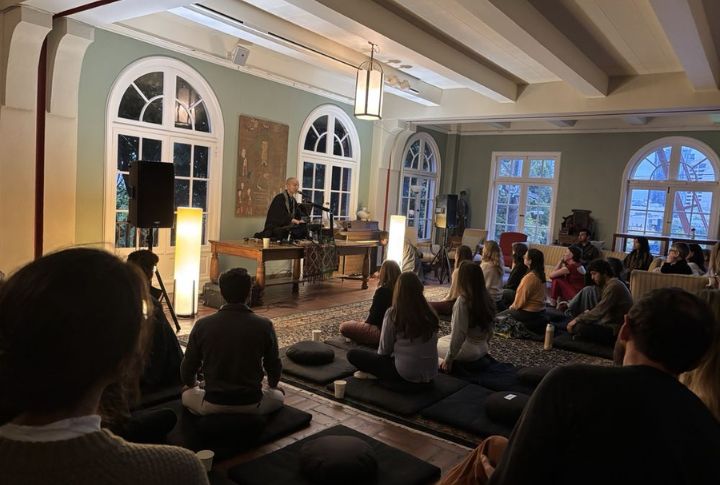
Faith-based learning has grown up. Instruction doesn’t just drill principles anymore; modern programs like Zen practice at Dai Bosatsu Zendo (USA) and Talmudic study at Yeshivat Hadar require active, analytical engagement. People now process spiritual concepts using intuitive feelings and sharp logic. They thoughtfully examine and reflect on what they believe, a dynamic orientation that strengthens personal faith.
No Struggle With Doubt Or Complexity

Tibetan Buddhist retreats at Drak Yerpa Hermitage guide monks through seasons of doubt as a path to insight, while Christian spiritual formation often draws on John of the Cross’s Dark Night of the Soul to honor questioning as part of faith. Wrestling with complexity and moments of doubt never shrinks spiritual understanding; it makes their whole outlook deeper and much richer.
Always Trying To Convert Others
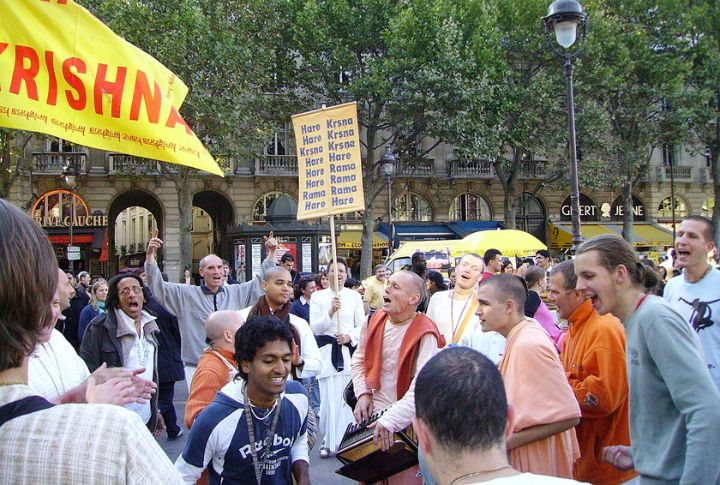
A believer’s spiritual focus often centers on their own personal growth and development, an internal journey rather than external outreach. There is a tremendous variety in religious practice; ISKCON Hare Krishna centers invite people of all faiths to chant the maha-mantra and adopt bhakti yoga disciplines without mandating formal conversion into Hinduism.
Out Of Touch With Modern Life
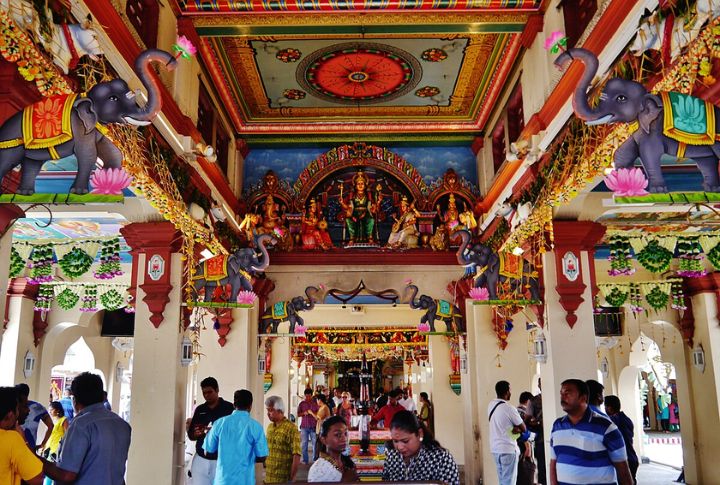
The idea of believers dwelling in some disconnected, bygone era is so not true. People of faith hold every kind of job and educational background possible. Sri Mahalakshmi Temple (London) and Sri Mariamman Temple (Singapore) livestream Diwali pujas on Facebook. Moreover, the Christian Church of God engages congregants via WhatsApp prayer lines and Instagram outreach.
Thinking Faith Makes Them Superior
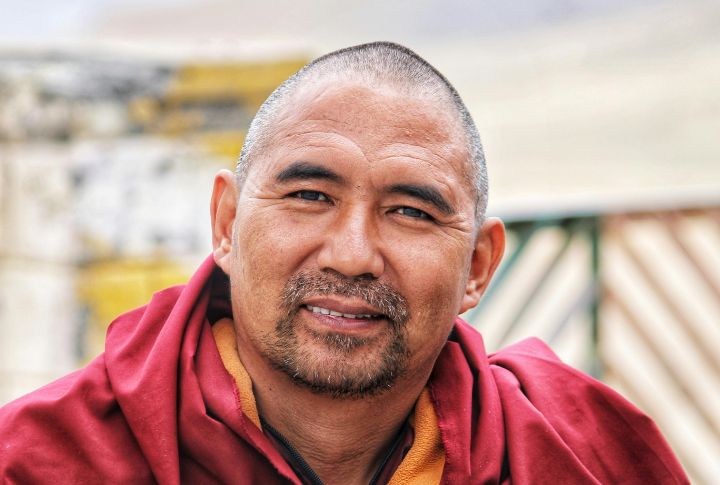
Group identity can sometimes lead a few believers to feel they possess a special moral standing. However, it’s totally a personal attitude and shows massive variation. The idea is to skillfully balance deep spiritual conviction alongside genuine personal humility. Religious people completely reject any notion of superiority and maintain respect for everyone they encounter.
Being Politically Homogeneous

In Brazil’s 2022 election, Pentecostal voters split between the Workers’ Party and pro-business parties, while British Muslim electorates cast ballots for Labour, Conservative, and Liberal MPs. All of this reflects broad political diversity. Assumptions about religious uniformity simply don’t hold up to the data. Many such analyses of religious groups confirm huge patterns of political diversity.
Only Motivated By Fear Of Punishment
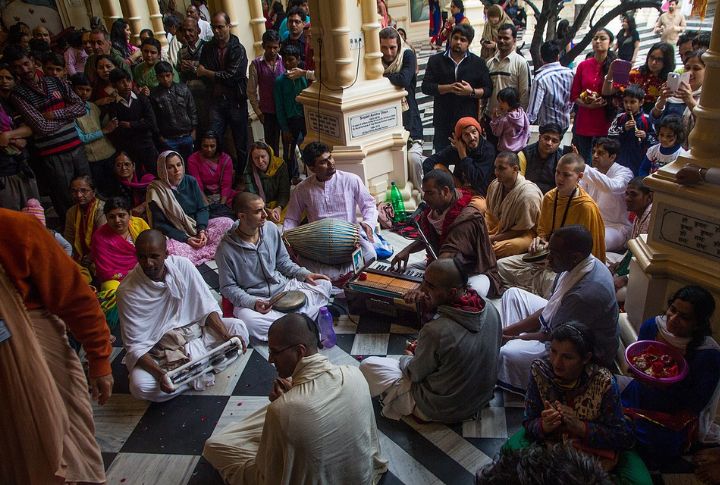
Fear of punishment is a surface-level idea about faith. Look deeper: Krishna Bhakti sanghas in Vrindavan center devotion on love, service, and communal harmony. These intrinsic values define a spiritual path and give their life deep meaning. Social pressures may play a small part, sure, yet they are only a tiny piece of the entire picture.
Naive About Real-World Problems

For those who believe, faith becomes a force that turns strong beliefs into real actions. Struggling with questions of justice and suffering through a spiritual lens motivates incredible community service. Their initiatives tackle social challenges like poverty and show practical, hands-on impact driven by belief.

